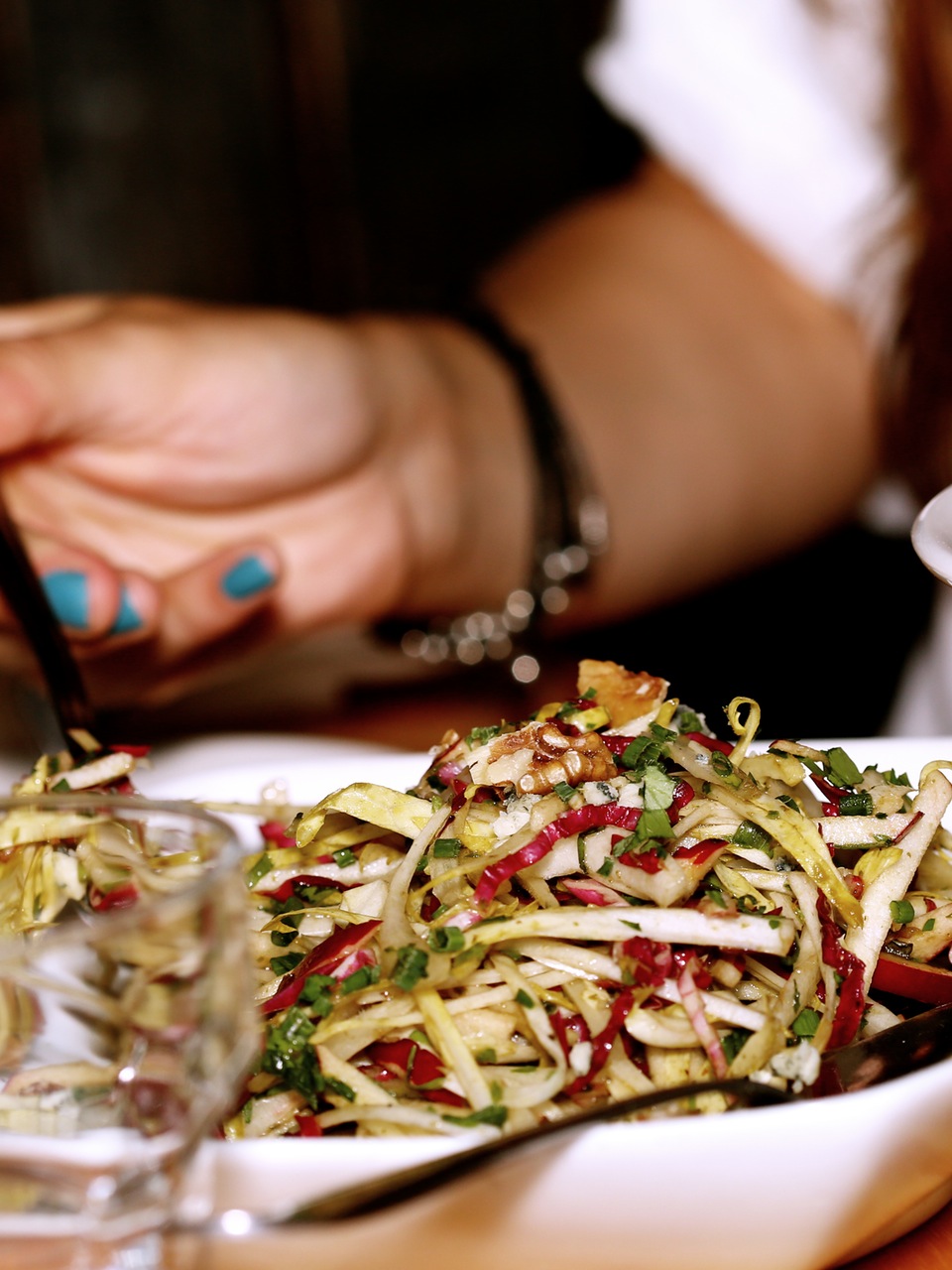
Why parents choose homeschooling
Some families make the decision to homeschool because they want to have the different needs of their children addressed. A very large concern is violence and bullying at schools, which has reached epidemic proportions. The individual needs of children can be addressed more readily by a parent. Homeschooling is a very serious commitment, one to not be taken on lightly. Do your research and find a local homeschooling chapter or association in your area to connect with. They would be only too happy to share with you the pros and cons of homeschooling. Moral and Social concerns are also easier to control when schooling at home is done.
Here are some reasons for homeschooling
Better education-
One on one instruction
Broader more interactive learning
Addresses the individual needs of each child
Can add faith based belief or science oriented instruction to the curriculum
The child can move faster or slower as they progress through subjects
Safety and Security
With increasing violence and bullying in schools homeschooling can stop
Bullying, shaming, hate crimes, prejudice and racism
Control of Content
Your family values can be interwoven in the education
Christian values, non violence way of resolving problems
Farming, religion, philosophy, social justice, and charity can be easily explored
Travelling with your family is more accessible while homeschooling.
Special Needs
Many children have special needs such as learning disabilities or gifted children who are far ahead of their age group
Being able to spend the time needed to encourage and help a child through learning disabilities can be the difference between success and failure in a child’s life.
Gifted children can go through schooling at their own pace and be more easily challenged and channelled into higher learning.
The nurturing effect of a parent schooling their own child is unparalleled in the effective connection and foundation it offers a young student.
Should you homeschool?
Homeschool because
-you love the freedom it offers to study particular subjects more in depth.
– so you can guide your children at slower or more advanced levels according to their specific needs.
– it is an adventure to learn through “living books” (as opposed to only textbooks).
– to provide a more well-rounded education.
– you do not agree that the structured mode of study required in public or private school systems is the best option for your child and you want to take on a more “organic” approach to learning.
Whatever the reason you have – let it be the reason you are committed to it.
Some online resources are;
Simplycharlottemason.com
Whywaldorfworks.org
Learninghouse.ca
Other resources can be
Libraries, schools, online courses, teaching suppliers, other homeschooling parents or groups.









